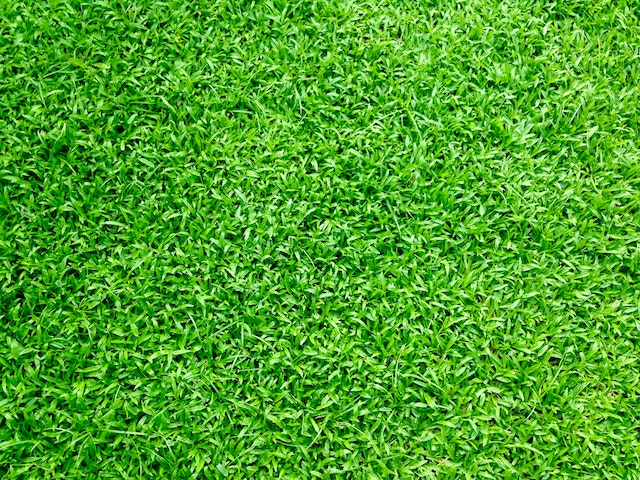Artificial grass, usually synthetic turf, is a well-liked substitute for conventional natural grass in landscaping and athletic grounds. It is low maintenance compared to a natural lawn since it is constructed of synthetic fibers that simulate the appearance and feel of genuine grass. Even though artificial grass offers numerous benefits, it’s crucial to weigh the positives and negatives before making a choice. This article will look at five of artificial grass’s most significant advantages and disadvantages.
The Pros:
Easy to Maintain:
The fact that artificial grass requires much less upkeep than natural grass is one of its primary benefits. No mowing, watering, fertilizing, or weeding is needed. Using less energy-consuming lawn care equipment may save money and time while lowering your carbon footprint.
Durability:
Artificial grass is perfect for sports fields and high-traffic areas since it is made to resist intense use and adverse weather conditions. It may persist for many years without fading or losing its natural beauty since it is resistant to wear and strain. Because of this, it is a desirable alternative for homeowners who want a lawn that looks excellent all year round without requiring regular maintenance.
Environmentally Friendly:
Since artificial grass doesn’t need to be watered or maintained with other resources, it is a water-saving solution. This can lessen your environmental effect and help you preserve water. It is also a non-toxic substitute for conventional grass because it doesn’t need fertilizer or pesticides.
Versatility:
Artificial grass may be helpful in various settings, including playgrounds, pet runs, and sports fields. It is a flexible alternative for multiple locations since it may be utilized on slopes and uneven ground. Additionally, you may tailor the appearance and feel of your lawn to meet your specific requirements and preferences thanks to its availability in various colors, textures, and lengths.
No Requirement for Drainage or Irrigation Systems:
Since artificial grass doesn’t need watering, it’s an excellent solution for places with water shortages or drought. Additionally, drainage systems—which may be expensive and time-consuming to construct and maintain—are no longer required. This makes it a practical and affordable choice for those who desire a lawn that needs little maintenance.
The Cons:
Initial Cost:
Due to the need for specialized installation tools and supplies, artificial grass might initially cost more than natural grass. However, it’s crucial to consider the long-term savings on maintenance and water expenditures and the greater product longevity.
Heat Absorption:
In warmer weather, artificial grass may absorb heat, making it difficult to walk on or play on. It may also produce a warm, humid environment that attracts bugs and other unpleasant creatures, which can be a problem for individuals who like to spend time on their lawns.
Unusual Appearance:
Some individuals consider the unnatural appearance of artificial grass to be a disadvantage because it might feel and look different from genuine grass. Additionally, it could not exude the same sense of kinship with nature as natural grass and lacked the inherent charm and personality of one.
Health Issues:
Lead and cadmium are two dangerous compounds that artificial grass may contain. These substances may be detrimental to people and animals if consumed or breathed. A breeding habitat for bacteria and other harmful microbes can be created by it as well since it.
Installation:
Given that some gardens require substantial prep work, the artificial grass installation in Edmond or any area might appear rather tricky. The effectiveness of your grass depends heavily on the drainage provided by a level, porous base, which you must build. Any obstructions may result in difficulties with standing water or odor. For complete lawn replacements, leaving this task to the pros is preferable if you lack confidence in your DIY abilities.
Conclusion:
This information should assist you in carefully weighing the advantages and disadvantages of artificial grass. You should consider each factor before investing, just like with any other purchase. The benefits of synthetic grass are undeniable; it’s low-maintenance, environmentally friendly, and may increase the value of your house. However, there are some disadvantages as well, so make sure to take everything into account before choosing if this is the best course of action for you.


